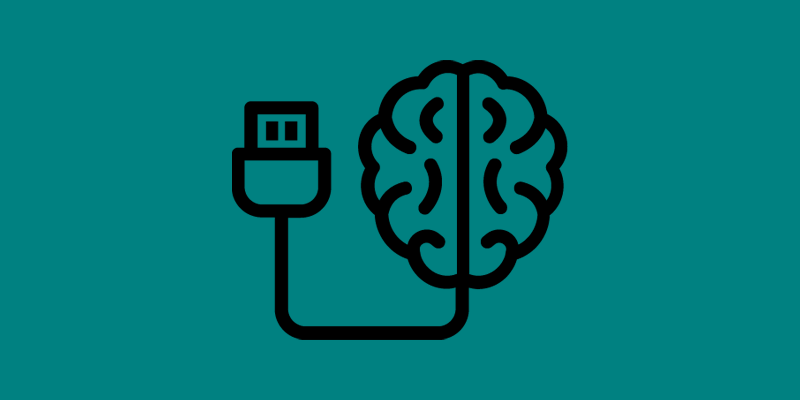The Frontier of Consciousness
Mind-uploading, the hypothetical process of transferring a human mind or consciousness into a digital form, has been a subject of fascination and debate for decades. With the advancements in artificial intelligence (AI) and neurotechnology, questions surrounding the ethics of mind-uploading have gained prominence. This article discusses the intersection of AI and the ethics of mind-uploading, exploring the profound implications, challenges, and philosophical dilemmas associated with this transformative concept.
The Promise and Peril of Mind-Uploading
Mind-uploading, often portrayed in science fiction, offers the promise of immortality, transcending the limitations of the biological body, and achieving digital existence. However, this revolutionary concept is not without its ethical complexities. The role of AI in enabling mind-uploading is central to these debates.
Transcending Biological Boundaries
The idea of transcending biological boundaries through mind-uploading raises questions about human identity, continuity of consciousness, and the nature of self. AI plays a pivotal role in the preservation and replication of one’s consciousness. It is the interface through which the human mind communicates with and navigates the digital realm.
Ethical Concerns and Autonomy
The notion of autonomy in mind-uploading is central. AI systems are entrusted with the responsibility of replicating human consciousness. Ethical concerns arise when considering issues of consent, control, and self-determination in this process. Who controls the uploaded mind, and to what extent can the individual’s identity and consciousness be altered or manipulated?
Identity and Authenticity
Questions of identity and authenticity are paramount. When one’s mind is uploaded into a digital form, what guarantees the authenticity of the uploaded consciousness? The role of AI in maintaining the integrity of the transferred self raises concerns about potential alterations, distortions, or manipulations.
Existential Questions and the Pursuit of Meaning
Mind-uploading has existential implications. AI’s role in replicating human consciousness raises profound questions about the purpose and meaning of life, as well as the very nature of existence. Is a digital existence a continuation of the self, or does it fundamentally alter the essence of what it means to be human?
Societal Impact and Inequality
The accessibility of mind-uploading technologies and the role of AI in this process bring up concerns about societal impact and inequality. Will mind-uploading become a privilege available to the few, or will it be accessible to all? How will AI contribute to addressing or exacerbating these inequalities?
Medical and Ethical Dilemmas
The merging of AI and mind-uploading also intersects with medical and ethical dilemmas. The potential to upload one’s mind as a means of overcoming illness or disability may blur the boundaries between medical treatment and personal enhancement, leading to complex ethical questions.
The ethics of mind-uploading, where AI plays a pivotal role, represent a frontier of human exploration that challenges our understanding of consciousness, identity, autonomy, and existence. As we navigate this complex terrain, it is crucial to consider the implications of mind-uploading on individuals and society, both in terms of its promise and its potential perils. The ethical questions arising from this intersection of AI and mind-uploading invite us to reflect on what it means to be human in a digital age.
In our pursuit of this transformative technology, ethical considerations must remain at the forefront of the discussion. Mind-uploading, facilitated by AI, may redefine the boundaries of human experience, making it essential to approach the concept with profound philosophical reflection and ethical responsibility.





